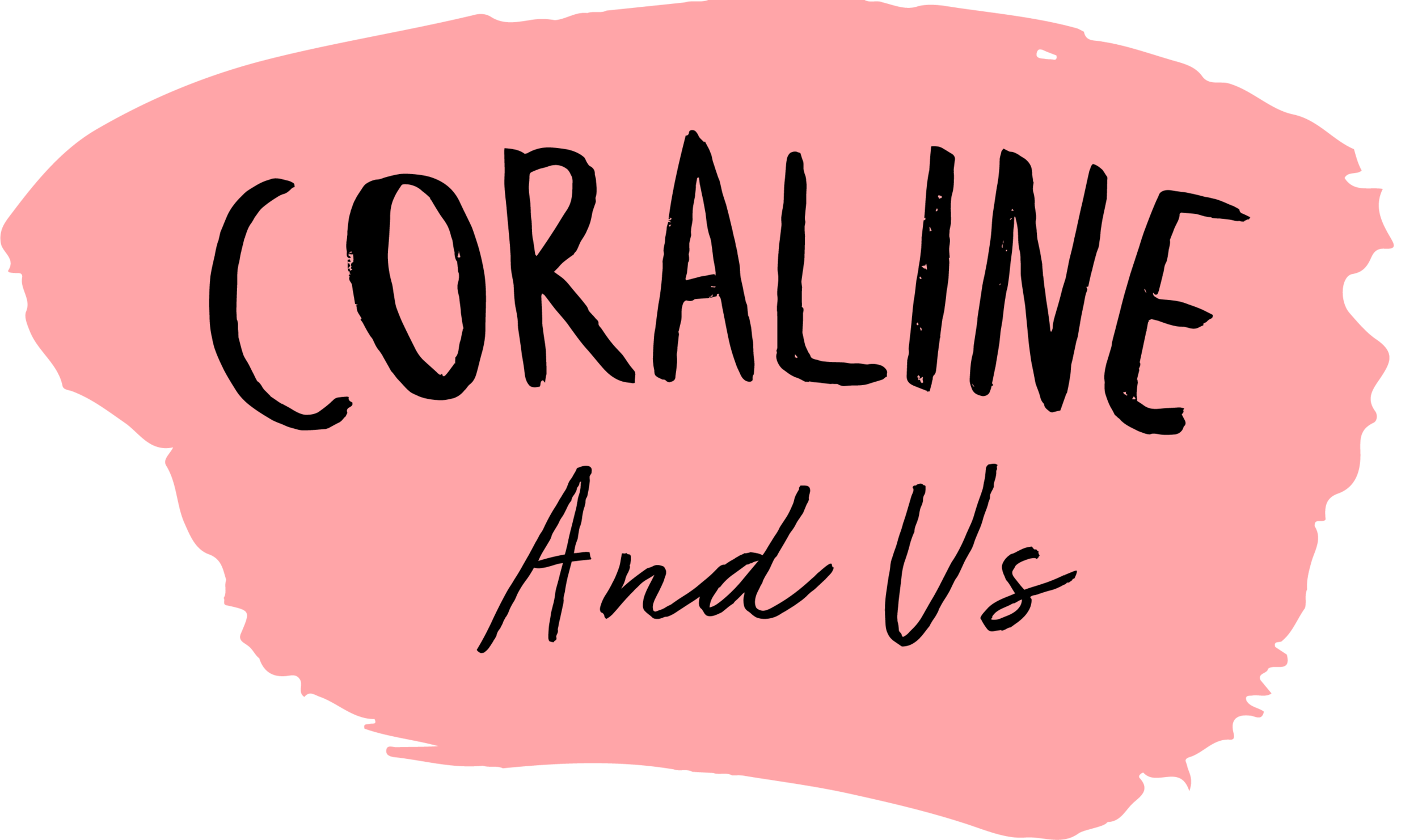Feeding journey
I’ve joined a group of mums to answer a Monday question. Today’s is:
"Tell us about your feeding journey with your child with special educational needs. Did you have to take anything particular into account?"
Well we needed to take into account the fact that Kevin had been a chef for seventeen years, that he’s passionate about nutrition and organic food and that he worked for a fish and seafood supplier at the time Coraline was born. I find it fascinating listening to Kevin about food and he very much takes the lead in it. I could count on one hand the number of times she has had chocolate, ice cream, cake or biscuits. Don’t get me wrong she will have these in due course, and at parties with other kids she will definitely join in just like everyone else.
I’d say it was more my journey than Coraline’s in terms of what I’ve learned. I’ve very much learned from Kevin that both what you put onto your body, and into your body, is very important for the way it functions. This has been particularly important for Coraline before her heart surgery and due to genetic immunodeficiency (a characteristic of Down’s syndrome which means illnesses can escalate or last a long time). Hence his passion for organic.
We took into account the fact Coraline might have had sensory issues with foods or textures. However this has not been the case. She loves everything. She does have sensory issues with water in the bath, too much noise or too much laughter; but not with food. She loves food so much.
Coraline is used to a real variety of food and loves all foods really apart from salad which she likes to throw on the floor.
Coraline has sweet potatoes, sardines, kale, curry, scallops, prawns, this kind of thing. She vary rarely has pasta and has hardly ever had bread. Some parents of children with Down’s syndrome have told us that gluten does not agree with their children. They have found it leads to constipation, which can be common in children with Down’s syndrome. Constipation can be quite common in children with Down’s syndrome due to low muscle tone and decreased motor activity in the body, and in the colon too.
So we took this into account. Coraline has only ever drunk water or almond milk. We have also taken into account that children with Down’s syndrome have a metabolism which is slower than typical children (a lower resting metabolic rate of 10-15 percent).
Coraline picked up her own first piece of food (a crisp, organic of course) aged ten months. We had begun purées and some softer solid food on a spoon at the usual time of about six months. The purées were diverse blends concocted by Kevin and she loved them all.
One thing we are working on is Coraline using her own spoon (this can take more practise due to low muscle tone which is a characteristic of Down’s syndrome). She either eats with her hands or we feed her with a spoon. She did pick it up all of a sudden a month ago and began having a go at eating food with it and we thought, “wow, amazing, that’s it!” But then two days later she stopped and hasn’t picked up a spoon since. I think that just means she’s working on something else...

